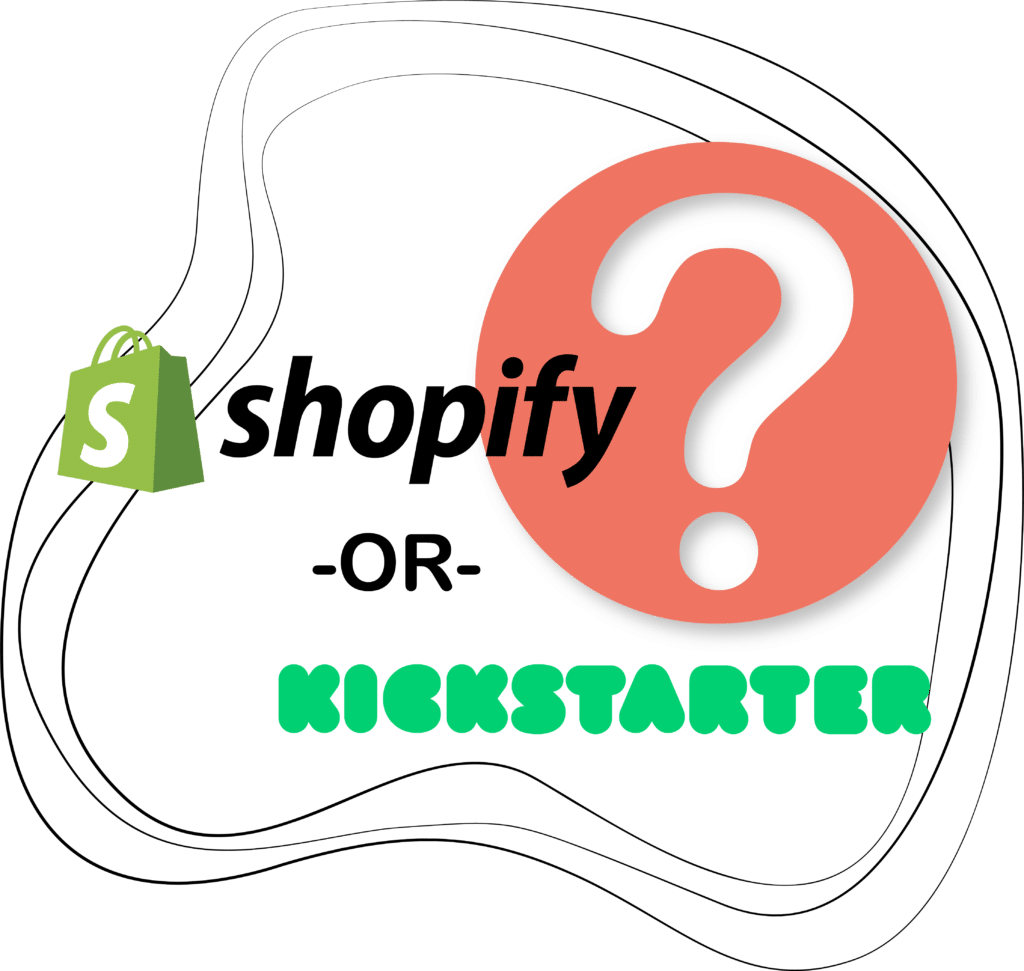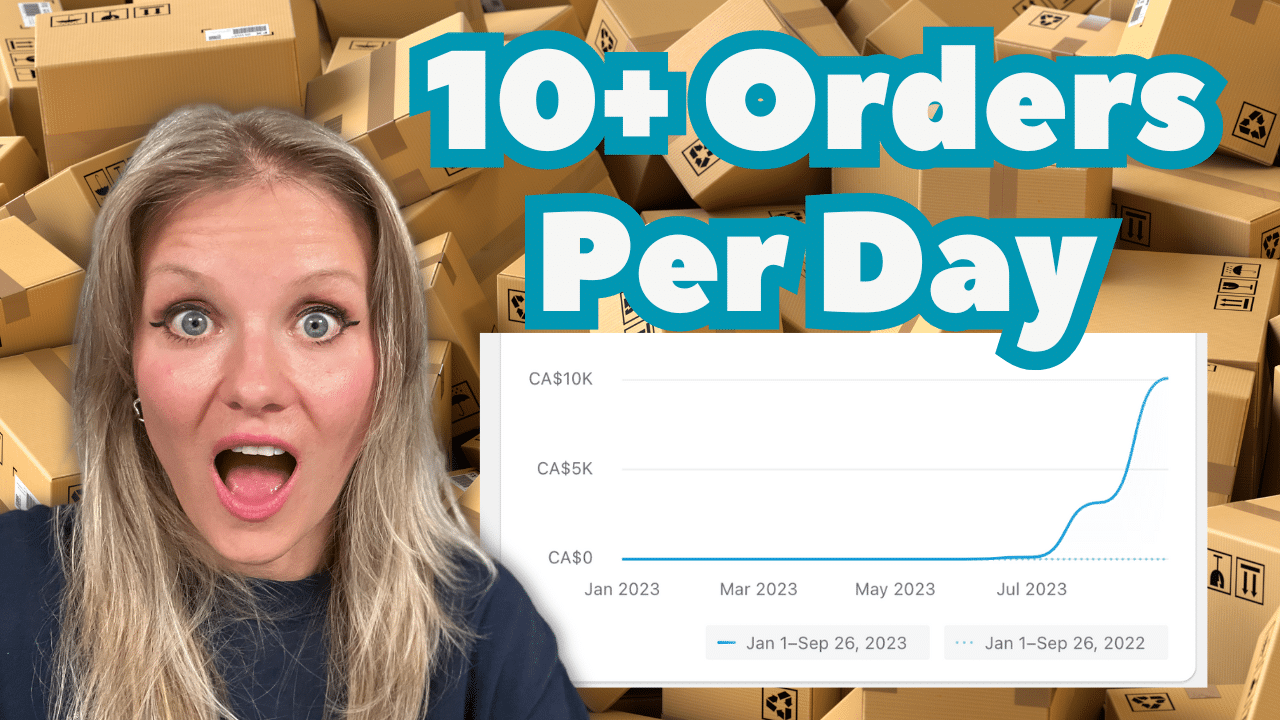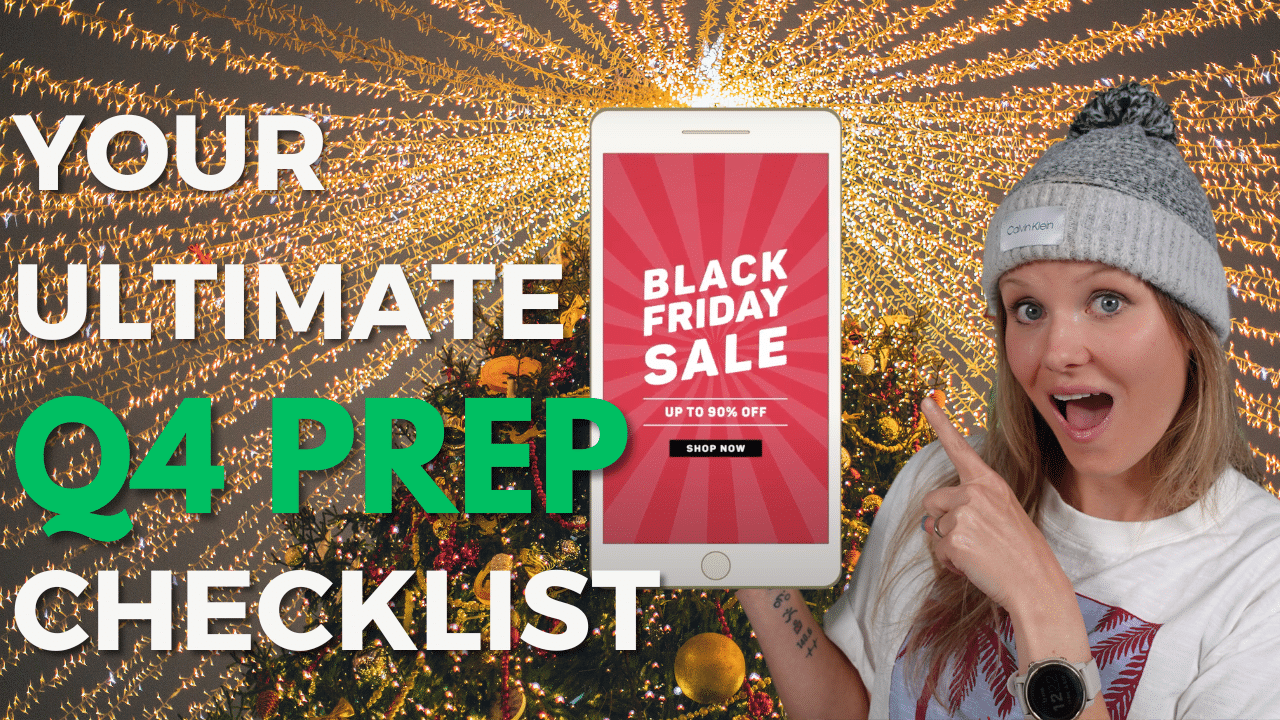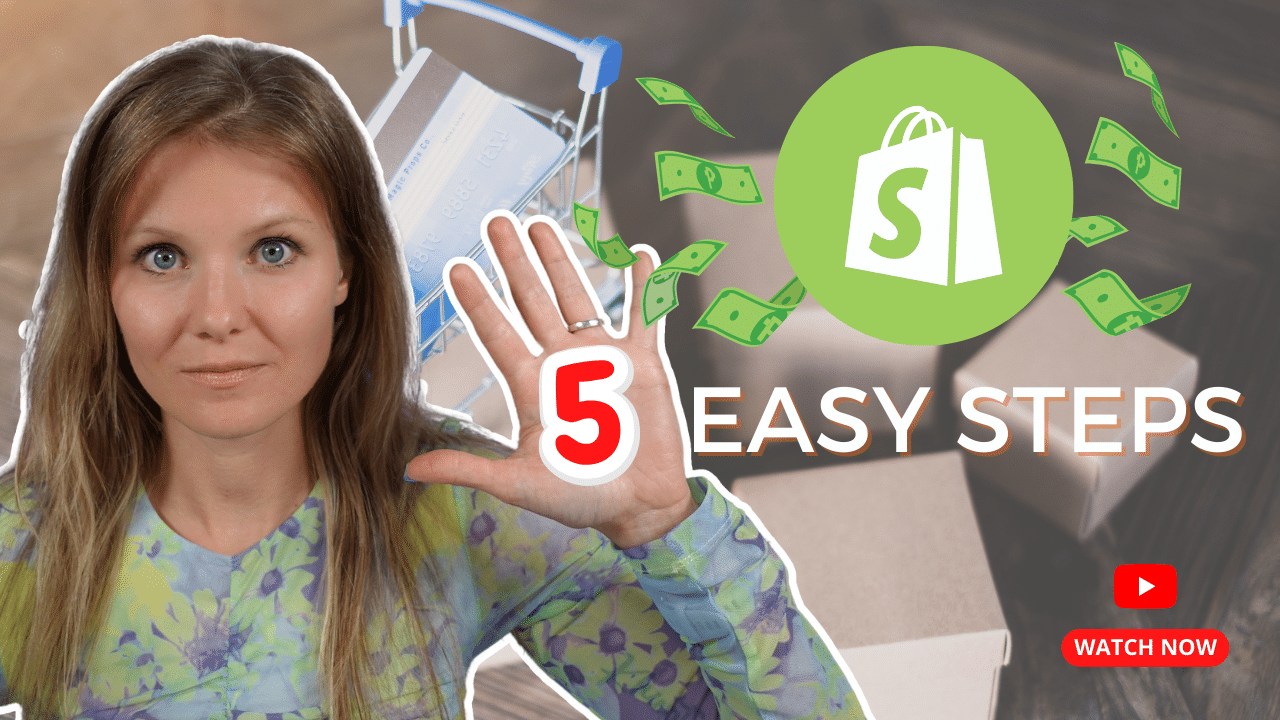
Welcome to The Launch and Scale Podcast. This is episode three and I’m Khierstyn Ross. The first thing I wanted to cover in today’s episode is that Launch and Scale is now available on all major podcasting platforms. So whether you are Google Play, iTunes, Spotify, or Stitcher, then you will be able to find Launch and Scale by just doing a quick search on those platforms. And please do subscribe and leave a review, an honest review if you are enjoying the content as it does help the show get found by other people. In today’s episode, we are … Well, I’m going to be covering a question from Tony Hawkins, which he wanted to know how do you go at it alone? What are some best practices for who to hire and when to hire that very first person when you are a solo entrepreneur and really looking at launching that first product, what does that look like? And to answer that question, unfortunately, there is no one right answer that fits everyone because the reality is that who your first hire really depends on what your strengths are as a person, on your budget, on ultimately what your goals are. So this episode is going to lay out a framework for how you can identify, really, and for your unique situation, who that first hire should be and when the heck you should actually bring them on. Before you look at what you need to outsource and who that first hire needs to be, you actually have another question that you should be asking yourself. Now the difference between … A big difference between people that succeed and people that don’t seem to get anywhere is that the ones that succeed actually know what they’re working towards. And they know how to measure progress towards that goal. And before we can really look at what to outsource, we first have to make sure that what we’re actually focusing our time on and the activities that we are looking to do on a daily basis are actually going to get you towards where you are trying to go. First thing I want to do is I don’t want to look at what to outsource. I want to look at defining where you’re going. So the first step in figuring out really what to outsource is asking yourself, what are you trying to achieve? Now, it’s important to pick one goal. What is your big, wildly important goal? And that is the thing that really you will start to define things that you can measure your success towards. So here’s an example. In the crowdfunding space, if your goal is to raise $50,000 on Kickstarter and six months from now, then that is your big goal. Your big goal is to raise $50,000. But then how are you actually getting to that point? So when you set that goal of $50,000, the next thing to do is to break down that goal into one measurable thing that you can do every day to achieve that so that every day when you wake up or at the end of every week, you can look back on the week and say, “Great, I specifically made measurable progress toward my goal because I did this one thing.” When you look at this, I would look at, okay, I have a goal of $50,000. What is the one thing I can do that is going to move the needle toward getting me toward that goal? Okay, build my audience. Okay, cool. So I need to find people that are going to pledge toward my Kickstarter campaign in six months. But the problem with setting the goal as build my audience is it’s not specific, and it’s not measurable, and it’s too … Not fluffy, but it’s just it’s not a smart goal. It’s not a goal that you can track whether or not you’re actually moving toward it because build audience is really not specific. So when you take … Number one, we’ve established the big goal, which is raising $50,000. But then you want to use the question, what is the biggest, I guess, the best thing I could do that’s going to move me toward that is build my audience? Great. Or find people to pledge my campaign. They’re both in the same. But what is a metric or a key performance indicator, AKA, KPI’s that you can use every day so that if you just do that one thing, that one measurable thing, you’re moving toward that goal? So in this case when you say, “Okay, the big goal is 50,000. What can I do and what is one thing I could do every single day that is measurable that will move me toward that goal?” And that’s when you look at, okay, my measurable target is talking to five people every day. Or that target could build my email list by 200 people every day. Or it could conduct 10 customer interviews a week. Those are all measurable specific things that move you toward that bigger goal of building the audience to, again, hit $50,000. So that’s a very specific measurable achievable thing. Because, again, if you start to move forward every single day without really defining what you’re working toward, it’s going to be very easy for time to slip away and you to be focusing your time on the wrong things that don’t actually move you toward your goal. So it’s important to start with the end in mind, define where you’re going, and then work backward through measurable targets. Another example of this is like when I did the Iron Man Triathlon. So if you followed the older podcast, Crowd Funding Uncut, you will have followed me through that journey of training for a so-called death race because you have 17 hours to complete a triathlon which covers 140.6 miles, which is nuts. So it’s like a swim, bike, run combination. But the reality is that I was never an athlete growing up. And me embarking to do triathlons really felt like within a five-year span, I went from running 5K to competing in an Iron Man Triathlon. So of course, when I embarked on that, I didn’t know how I was supposed to prepare my body to be able to endure 140.6 miles. And so what I did was I hired a coach. And the coach defined the goal. So my goal in athlete terms is to complete the Iron Man. Okay, and so because the Iron Man is based on certain distances, for example, I need to run a marathon, I need to be able to swim 2.4 miles, and bike 112 miles. So those are measurable targets. And then when we look at breaking down the goal into measurable things every single day or every week, I knew that the coach would break it down so that my KPI or my measurable target was, okay, if I do this workout and I complete my workouts every single day, that will eventually move me toward my goal. But if I do not complete my workout, then there’s a very good chance that my body will not be ready to perform at that elite level. So that’s another example of you take the end goal in mind of the triathlon and then you break it down into bite size pieces where you can actually measure your performance to see if you are ready. And so those are two examples of really looking at the end in mind and moving forward. Whenever we bring on new clients or do strategy sessions or whatnot, that is the very first thing we do is we have to define what your big goal is and then work backward. So I need you to do the same thing. So we’ve covered the first two steps. The first step is to define your big goal. The second step is to break it down into measurable targets. Don’t complicate this. I would choose one metric where if you did this one thing every day, you can tell what yes or no, whether it’s moving you toward your big goal. Now that we’ve taken a look at those two, the next thing I would recommend is to have a system for keeping track of whether you actually do the thing or not every day. You can use a whiteboard calendar, or piece of paper, or even … Just something to track on a 30-day schedule because that … It’s going to become like a nice high every time you do that. It’ll give you a sense of accomplishment, which is awesome. So I do that. I strongly recommend it to you. The next thing we have to look at is once you’ve defined where you’re going and how you’re going to measure progress toward that goal, we have to actually look at what is happening in practice with your time. So the next thing I want you to do is to … I highly recommend that you track what is actually happening in your life and business over a seven-day period. To tack this, again, I would just keep it simple. Use the current … Something that you can have on your desk. So be it a simple eight and a half by 11 sheet of paper that you draw a calendar on or you do that. Or you use your current planner to keep track of what’s happening. Khierstyn Ross: But the goal here is to, for the next seven days, I want you to track where you’re spending your time. So every single hour, no matter what you’re doing, put a timer in a phone to remind you every hour to create a summary of what you worked on. And then at the end of the seven days … And remember, during the seven-day period, no judgment. Don’t make changes. Just look at where your time is actually being spent so that at the end of the week you can do an analysis of all the things that are on your plate or all the things that you’re doing that … And you can assess whether they are actually things that are important and moving you toward your goal or if they need to be deleted completely or even delegated. So the first step, do the seven-day spread. And then when you do that, the next thing you should do is take out a sheet of paper after the seven days and summarize exactly where you spend your time. So put them into buckets. For example, you may say, “Okay, I spent my time marketing. I spent my time doing … Emailing my friends for outreach. I spent my time writing Facebook ads. I spent my time on LinkedIn. I spent my time on Candy Crush. I spent my time on,” and just compartmentalize it so you can have a massive list of all the things that you do in a regular week. And the next thing to do after that point is to analyze. Successful people are really self-aware and they are really good at understanding what their strengths are and what their weaknesses are. If you realize that this is an opportunity for growth in your life, two resources I recommend. One is to complete the Myers–Briggs Personality Test. And the other one is to do a Strengths Finder 2.0. These will both be linked in the description, which you can go to the show notes at Khierstyn.com/LS03 and you will find this post with the show notes with links to both of those. Anyway, so with that being said, when you spent the last seven days blocking your time, and tracking it, and then you create the list, when you analyze the list, you want to look at it from the lens of what are my strengths and what are the weaknesses that I’m doing on this thing because you will be doing a combination of both at this point. And then make two lists, strengths and weaknesses. Off of this list, you want to really look at the things that you are spending your time on on a weekly basis. Are they things that … Is there anything on that list that is not moving you toward that goal? That is not actually helping you make measurable progress. For example, skimming Facebook may not be something that moves you toward your goal. So what on that list can be completely deleted? These are things that are not actually getting you toward your goal. The other side of things, which is the whole purpose of this podcast episode is to create a list of things you can delegate. So things you can delegate are typically your weaknesses. If you are … And I find that the founders that we work with, their strengths are usually marketing, for example. So well say if you are a founder that’s really good at copyrighting or you’re a founder that’s really good at product development or that sort of thing, those are not things that you want to outsource because that is your literal zone of genius. That’s where you thrive. This is where you’re the best at it. And you outsourcing some of your strengths may actually do you a disservice. So where we want to look at your delegate list or your outsource list is really in your weaknesses. So what are the weaknesses that you feel that you have to do but you are not necessarily the best at it? And so that would be the delegation list. If you … So for example, in product launches, a key skill that people should have if you are looking to do paid ads is Facebook. And at that point, you can look at, is my strength Facebook ads? And if it is not your strength, that will probably be on your delegate list. And at that point, you ask yourself, “Okay, if Facebook ads is super important but I’m really not comfortable or I’m really not good at it,” that is probably a key contender for something that you’re going to outsource. However, if it’s not in the budget, then you would weigh that against, okay, is that a priority for me to learn and get better at? Because, of course, you can develop your strengths. If you … So I’ll give you a couple of examples. Like when you’re doing a product launch or running a business, I typically don’t recommend that you do it alone and that you actually have some leverage support. And if you have a bit of a budget, it’s important to look at … I’ll give you an example. You may want to do this alone, but you don’t have to do this alone. Working with one of our clients, he educated himself in Facebook ads and how to do it so that he knew he was able to talk to Facebook ad specialists and kind of understand the data they were presenting him so that he knew how to make a … He knew how to hire the right person and also how to see whether the results they were getting was good or not. So that he knew that his weakness may be Facebook ads, but he educated himself on it so that he would be able to know what he was talking about without actually having to do it. That is key … That’s a really awesome skillset that you can have that you may want to understand and educate yourself on all aspects of your weaknesses so that when you delegate it, you are able to keep up with the person you are delegating it to. However, it doesn’t mean you actually have to do the thing. Another thing is we have Jordan in our Launch and Scale program where he … One of the big things that he loved about our program is because we educated him on all aspects of marketing a product, he didn’t necessarily have to do all of the marketing himself. But when he hired and was looking for agencies and looking for hired marketing help, he really was able to talk to them with confidence and manage them with confidence, even though he may have had no experience with Facebook ads himself. But he was able to educate himself, which gave him a leg up when it came to outsourcing things. So I wanted to cover that because you may be thinking when you’re looking at … When you’ve created your delegate list and you think, “Oh, I could save some money and do my own Facebook ads,” yeah, you probably can, but if you have the budget for it, you’re actually going to be saving a lot more time that you can use on something else that’s going to move your project forward more. But if you are like, “Okay, well, I don’t want to outsource Facebook ads because I don’t even know where to look,” it is important to educate yourself a little bit on it, but it doesn’t necessarily mean that you have to be the one to do the Facebook ads. So yeah, I guess, in summary, we have looked at why you should not look at creating an outsource list without defining where you’re actually going and having a measurable way to track progress. And then when you are in your day to day, really understanding where you’re spending your time, and analyzing that time, and breaking it down into a delete or delegate list based on your strengths and weaknesses. So apart from that, that wraps up this episode. Thank you for sticking around to the end. I hope you guys got some good value from it. If you dig the show, please do head over to iTunes or your preferred podcasting platform and subscribe so that you never miss an episode. And if you actually have a product that you want us to walk through, the strategy around your launch or whatnot, you can head over to Khierstyn.com/schedule and schedule a one-on-one session with myself and my team. And again, my name’s a little complicated so here’s how you spell it. It’s K-H-I-E-R-S-T-Y-N.com/schedule. Apart from that, we will talk to you next time.





